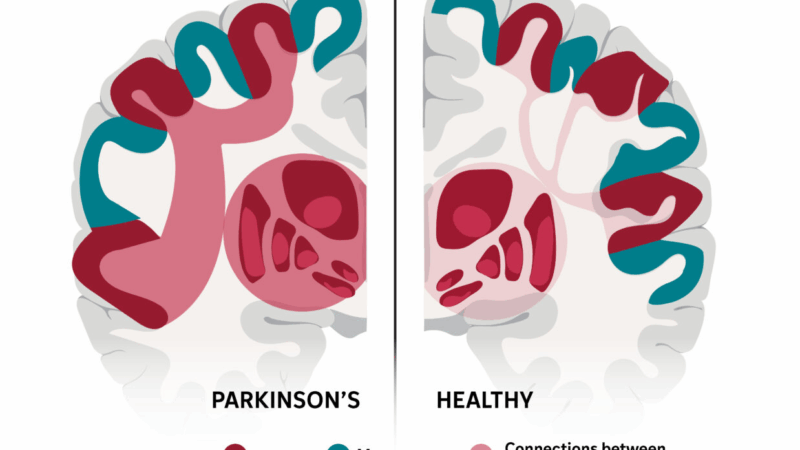Spain and Portugal begin recovering from a massive blackout. Here’s what to know
Parts of Spain, Portugal and southern France were plunged into darkness on Monday by a massive power outage. The lights are coming back on for some, but the cause of the outage remains unclear.
The sweeping blackout across the Iberian Peninsula began midday local time. As of Monday evening, power has been partially restored across the three countries, but large swaths of the region remain without electricity.
The power outage halted nearly every aspect of daily life for tens of millions of people — disrupting subways, cutting phone service and shutting down traffic lights and ATM machines. Meanwhile, back-up systems maintained power for hospitals, nuclear plants and prisons.
Here’s what to know.

The cause of the blackout remains a mystery
At a press conference on Monday evening, Spanish Prime Minister Pedro Sánchez said a nationwide blackout of this scale had never happened before in Spain.
He added that, within a matter of seconds, a large amount of power — equivalent to 60% of Spain’s electricity demand — was lost. Sánchez said the underlying cause of the outage remains unclear, and no theory has been ruled out.
Earlier on Monday, António Costa, the president of the European Council and former prime minister of Portugal, said on X that there were no signs so far suggesting that a cyber attack was behind the blackout.

Significant progress made in restoring electricity
On Monday evening, Sánchez said almost half of the power supply in Spain had been recovered. He added that nearly every region in Spain was showing improvement. He also thanked France and Morocco for their assistance in bringing back electricity.
Among the areas where power has been restored are major cities, including the country’s capital Madrid and Murcia, as well as regions like Catalonia, home to Barcelona, according to Spanish power distributor Red Eléctrica.
Despite the progress, the prime minister said it remains unclear how long it will take to fully restore power across Spain.

Meanwhile, Portuguese grid operator REN said that power was back for 750,000 customers in Portugal as of Monday night. Electricity had not yet been restored in Lisbon, the nation’s capital, but REN said service was expected to resume soon.
Blackout led to major disruptions in travel
The massive blackout brought Spain and Portugal to an abrupt standstill on Monday.
Public transportation, including subways and rail services, was suspended across Spain. Authorities worked to rescue passengers from 116 trains that were stranded on Monday, the country’s transport minister Oscar Puente wrote on X.

The blackout also led to dozens of flight delays and cancellations at airports in Lisbon, Madrid and Barcelona, according to the flight tracking website FlightAware.com. But Aena, which manages many Spanish airports, said on X that most airports were able to remain operational on Monday thanks to backup electrical systems.
NPR’s Eleanor Beardsley in Paris and Miguel Macias in Seville, Spain contributed reporting.
An ape, a tea party — and the ability to imagine
The ability to imagine — to play pretend — has long been thought to be unique to humans. A new study suggests one of our closest living relatives can do it too.
How much power does the Fed chair really have?
On paper, the Fed chair is just one vote among many. In practice, the job carries far more influence. We analyze what gives the Fed chair power.
This complex brain network may explain many of Parkinson’s stranger symptoms
Parkinson's disease appears to disrupt a brain network involved in everything from movement to memory.
‘Please inform your friends’: The quest to make weather warnings universal
People in poor countries often get little or no warning about floods, storms and other deadly weather. Local efforts are changing that, and saving lives.
How the use of AI and ‘deepfakes’ play a role in the search for Nancy Guthrie
As artificial intelligence becomes more advanced and commonplace, it can be difficult to know what's real and what's not, which has complicated the search for Nancy Guthrie, according to law enforcement. But just how difficult is it?
Immigration officials to testify before House as DHS funding deadline approaches
Congressional Democrats have a list of demands to reform Immigration and Customs Enforcement. But tensions between the two parties are high and the timeline is short – the stopgap bill funding DHS runs out Friday.







